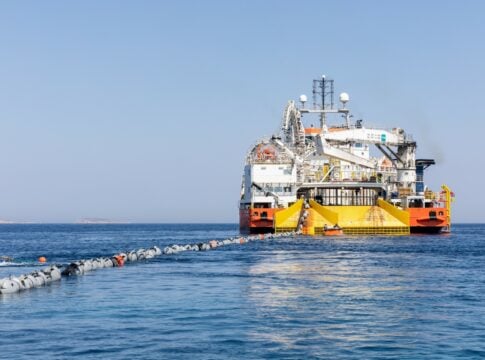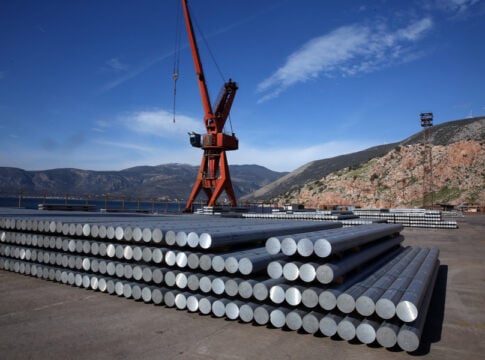By Christina Sakellaridis, Honorary President of the Panhellenic Exporters Association
Greek exports appear to be trending downward. However, a closer look and analysis shows that they are maintaining their momentum.
Excluding petroleum products, net exports are on a positive track. This is a significant achievement given the international developments and the situation prevailing in the global economy.
Beyond the war in Ukraine and the Middle East, the sharp increase in raw materials and the pressure from interest rates, Donald Trump’s second term in the White House seems to pose risks for the European continent.
The new US president has stated that he intends to impose tariffs on imported products from Europe and elsewhere, at a time when countries with strong economies, such as Germany, are struggling.
Despite all this, Greek businesses continue with the same intensity and persistence in their efforts to expand beyond the country’s borders.
Based on innovation and quality, Greek products, especially food, seek to increase their footprint in existing markets, but also in new ones, where growth opportunities exist.
This is not an easy path. On the contrary, it hides several pitfalls and a high degree of difficulty. These are largely related to the factors of production costs and especially energy, which remains a thorn in the side of energy-intensive and non-energy-intensive units.
On the other hand, we must recognize the government’s actions to stimulate financing, as well as the removal of bureaucratic obstacles.
The national strategic plan to stimulate extroversion has borne fruit to the benefit not only of businesses, but also of the national economy.
One should not ignore the contribution of exports to employment and the preservation of valuable jobs.
They can also constitute a barrier to the brain drain, but also a catalyst for the repatriation of highly skilled workers, who chose to find a job in another country during the past decade.
Greece has entered an upward trajectory. The difficult times, as everything shows and international rating agencies attest, are a thing of the past.
Despite the adversities, the Greek economy can, with the right moves, further improve the GDP it produces on an annual basis and close the open wound of the trade deficit. This is a timeless issue that requires a solution.
Stimulating the domestic production base must be high on the priorities. It is necessary to proceed more quickly with investments related to the operation of new production units.
Resources exist. The Recovery Fund is a game changer that can transform the productive fabric, making it – and this is the bet – competitive.
After all, extroversion is one of the main pillars of our country’s development.












